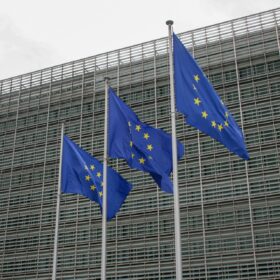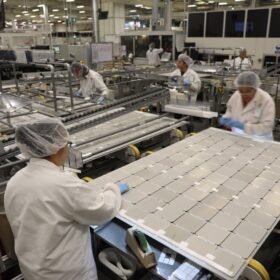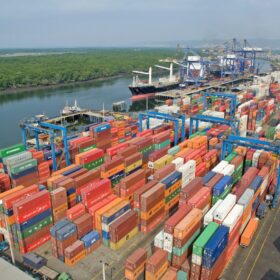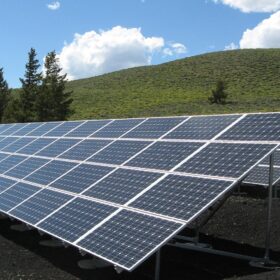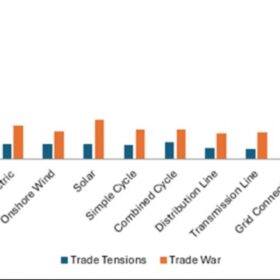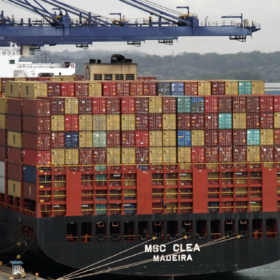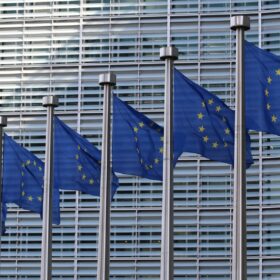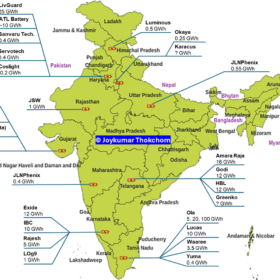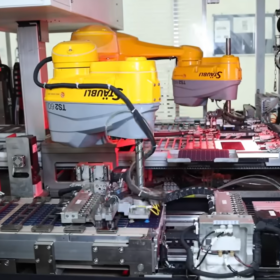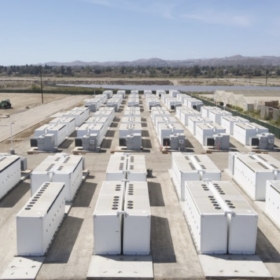EU to ban Chinese inverters? – Commission proposal in Cybersecurity mulls ‘high-risk vendors-list’
The European Commission is revising its Cybersecurity Act. While presenting the proposals in European Parliament, the commission’s Executive Vice-President for Tech Sovereignty, Security and Democracy, Henna Virkkunen, said dependency on a very limited number of solar inverter suppliers could “pose a significant security risk.”
Canadian Solar wins U.S. patent litigation against Maxeon
The patent infringement case was related to an unspecified TOPCon solar cell technology.
Maxeon expands legal action against Aiko and its distributors in Germany
Maxeon has filed a lawsuit in Germany claiming Aiko Solar, and four of its German product distributors, breached a patent related to its back contact solar technology. It is the third such lawsuit Maxeon has opened against Aiko.
Qcells confirms US customs detained solar cell imports from South Korea
Qcells has confirmed that US Customs and Border Protection (CBP) has detained an unspecified volume of its solar cell imports from South Korea. The company claims the cells do not contain components from Xinjiang, China and says it is working with CBP to resolve the issue.
Solar energy firms face over 2,700 compliance obligations: TeamLease Regtech
A new report by TeamLease Regtech states that a standalone solar energy producing plant in Maharashtra, with a corporate office in Haryana, must comply with 799 unique regulatory obligations and 2,735 total compliance instances in a year.
Sunnova subsidiary files for bankruptcy protection
The residential solar company has been in a downturn for more than a year, with earnings misses, layoffs, changes in leadership and cancellation of a $3 billion loan guarantee.
Tariffs could drive US solar, storage costs up 50%
A recent Wood Mackenzie report examines two possible tariff scenarios and concludes that costs will skyrocket for both utility-scale solar development and battery energy storage systems.
US solar group urges trade panel to avert duty-free import surge
A letter from the American Alliance for Solar Manufacturing says the US Trade Commission must act quickly to ensure tariff rulings are in place before a temporary gap creates an opportunity for solar components to be imported duty-free.
Why renewable project execution needs speed and policy synergy
Renewable energy projects that should take 12-18 months to complete often take twice that. More often than not, land acquisition challenges, regulatory overreach and delayed transmission planning are the reasons behind this.
SolarPower Europe expels Huawei amid EU bribery probe
SolarPower Europe (SPE) has dropped Huawei as a member amid an EU corruption investigation, as the European Commission moves to sever ties with trade groups representing the Chinese tech giant. The decision marks the first such removal by the Brussels-based solar lobby.
